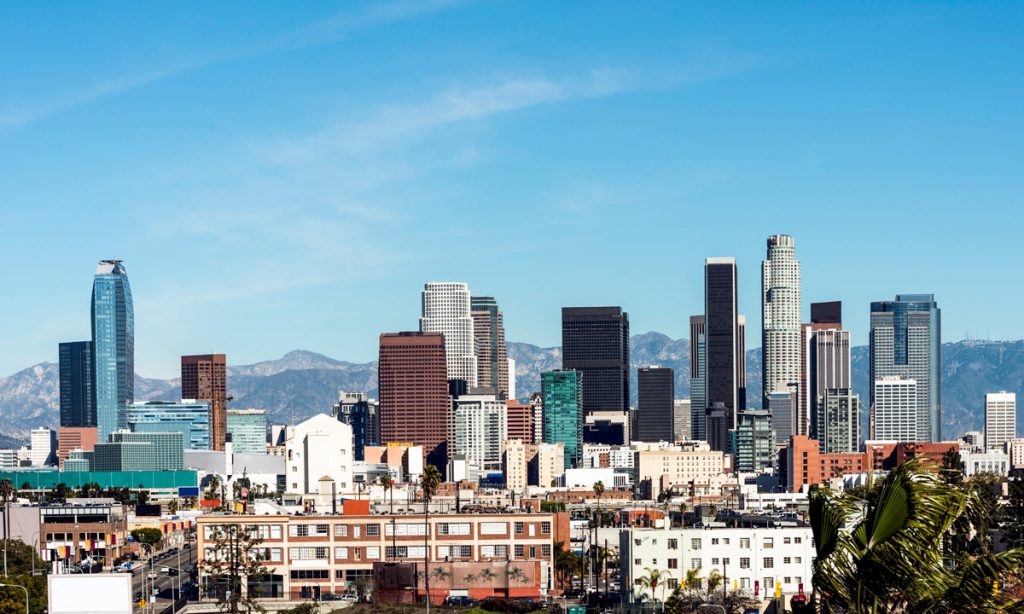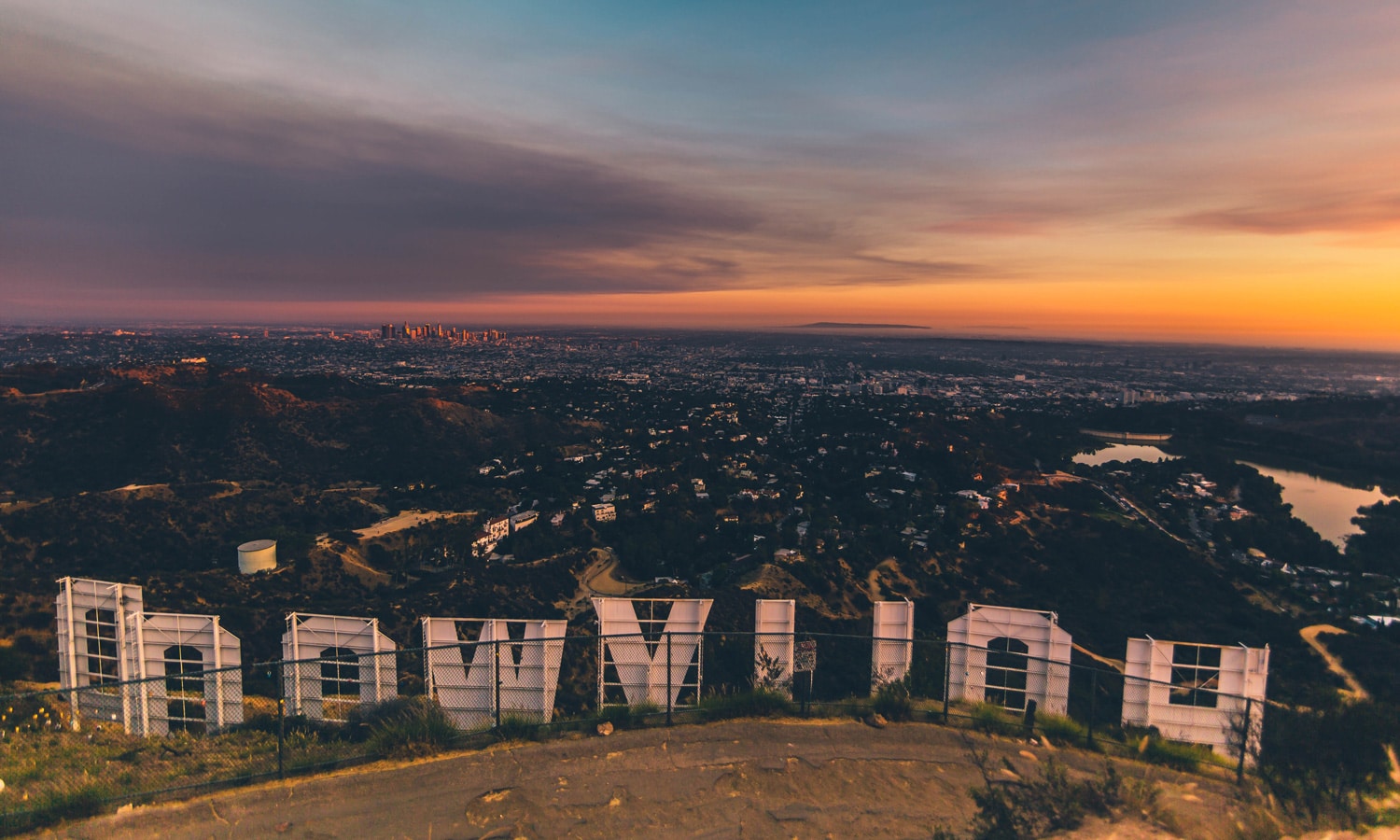The changes will finally address the city’s stagnant social equity programs, but could lead legacy operators into the illicit market.
The Los Angeles City Council approved a series of recommendations Tuesday that would overhaul its plagued recreational cannabis program, with a primary focus on fixing social equity licenses. The changes have been met with applause and derision from those vying to join L.A.’s cannabis industry.
At one time, the Los Angeles marijuana scene held significant promise. Insiders expected the city to serve as a hotbed for cannabis culture and entrepreneurship, showcasing the massive growth potential possible within marijuana businesses.
In many ways, the promise L.A. held has been realized. The only problem? The majority of that success happens in the illicit market. According to the Los Angeles Times, California marijuana revenue hit $3.1 billion in legal sales in 2019, the highest total of any adult-use market. Illicit sales, meanwhile, is expected to total $8.7 billion. Social equity programs, designed to benefit those impacted by the War on Drugs, have proceeded over two years in sluggish fashion, drawing criticism to L.A. and the state writ large.
The latter issue was the focus of City Council’s changes, most of which will prioritize social equity applicants in the near future. L.A. will streamline the application process for social equity applicants, as well as provide temporary approval to those who meet the program’s benchmarks. Until 2025, the city will limit all delivery licenses to businesses that fall in line with social equity criteria. Reference points for who fits these benchmark include those either arrested for marijuana-related offenses or lived in neighborhoods previously overwhelmed by high marijuana arrest rates.
RELATED: The Role Marijuana Legalization Can Play In Fighting Racial Injustice
These were imperative changes said Cat Packer, the city’s top cannabis regulator, following racial justice protests and economic damages caused by the coronavirus pandemic. The intersection “between cannabis policy and racial injustice is clear to me,” Packer said. “Black and brown communities … have been disproportionately impacted, disproportionately policed, and we made a commitment to actively acknowledge those harms and address the harms of the drug war.”

While credited with finally addressing the city’s flailing social equity programs, others criticized the negative impact this could present to legacy operators. That includes retailers and growers who supported the state’s medical marijuana program before 2018, when adult-use sales began. It could also push potential operators into the illicit market, as they might have to wait several years before a chance to become fully legal.
RELATED: How Marijuana Reform Intersects With Policing And Racial Justice
Michael Chernis, an attorney with clients in and outside social equity programs, told Marijuana Business Daily this could “cut off any chance for anyone but a social equity applicant to get a retail license, a non-storefront retail license or, as far as I can tell, any license for five years.”
He added, “My initial reaction is it’s really unfair to people who are not social equity applicants, because there are a lot of people who were waiting patiently to be licensed … resisting the temptation to operate illegally in the hopes of becoming licensed.”


